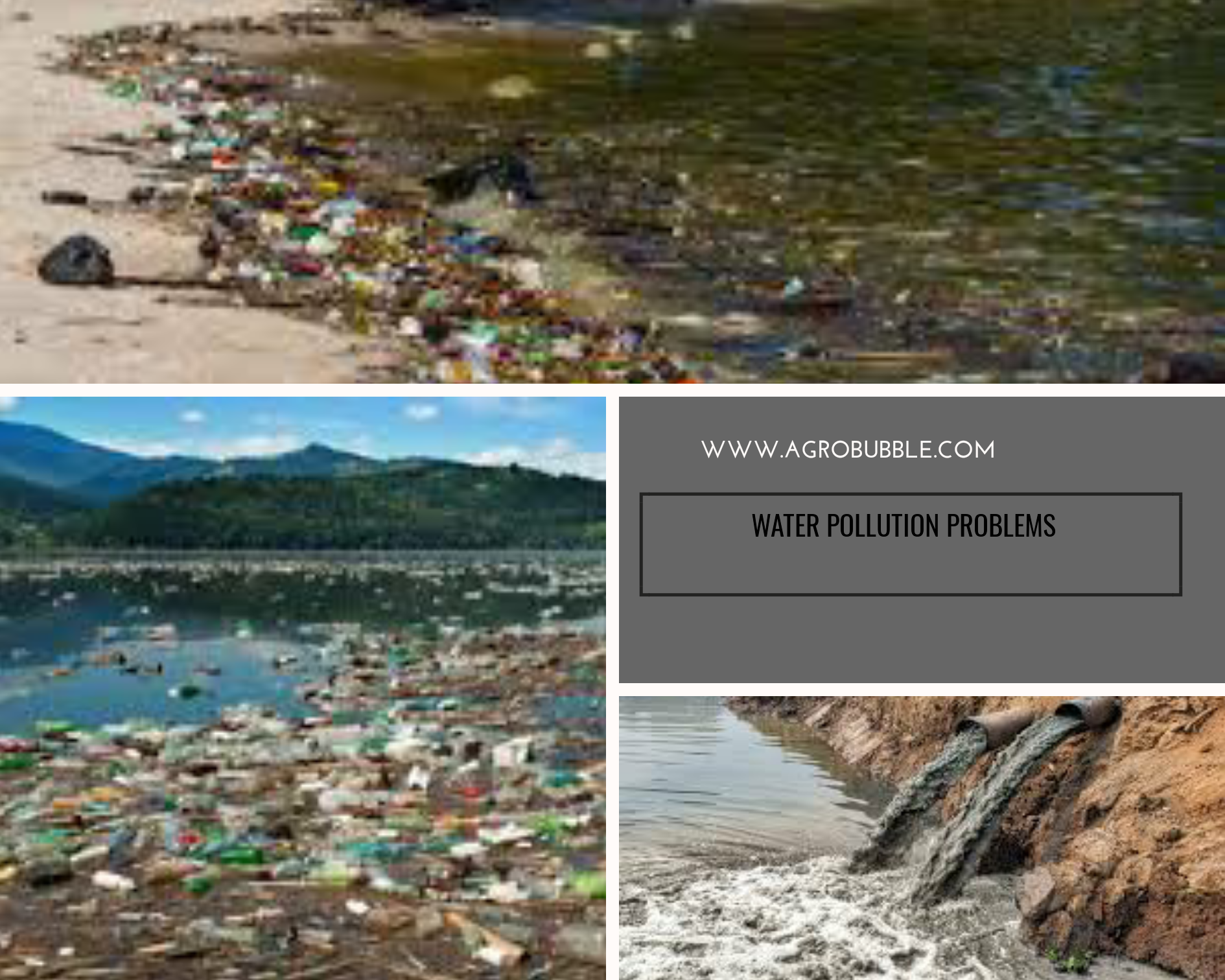Water Pollution is one of the various problems many face around many areas around the world
Water is one of the most common substances known. It is a good solvent for many substances and rarely occurs in nature. Pure water is clear, colourless, tasteless and odourless.
Sources of water include rainwater, spring water, well water, river water, lake water and sea-water.
Rain water is the purest form of natural water; it is formed as a result of the condensation of water vapour in the atmosphere.
Spring water contains a considerable amount of mineral salt but very little suspended impurities, so it is a good source of drinking water.
Priestley in 1781 was the first to observe that the explosion of a hydrogen and oxygen gas mixture yields water vapour. Later, Cavendish established that the ratio by volume of hydrogen and oxygen in that reaction, at constant temperature and pressure, was 2:1.
Water pollution is a big problem in this present world. It threatens aquatic life and changes water bodies into dirty – smelling scenes. It also affects our health because of the harmful substances that accumulate in aquatic animals, one of our main sources of food.
The main cause of water pollution is the indiscriminate dumping of solid and liquid waste into water bodies.
Substances that are responsible for the pollution of our water bodies are “Pollutants”. The common pollutants are as follows :
Refuse and sewage
Nowadays, many homes in towns have water closets. The human waste and liquid from the WC are emptied either in septic tanks or sewers. In many cases, sewers empty the waste directly into rivers and seas without treatment.
Too much sewage in a water body causes an increase in the bacterial population. This reduces the level of oxygen.
If oxygen level falls too much the aquatic organisms die and the water becomes clogged up.
Industrial and Agricultural wastes
Many factories empty their chemical waste directly into rivers and seas without converting them into harmless substances. These chemicals include acids, mercury compounds, organic solvents and detergents.
Many harmful chemical waste like detergents and insecticide are non-biodegradable, that is, they cannot be broken down into harmless compounds by the living organisms that remain in water and harm aquatic organisms.
Fertilizers stimulate the growth of aquatic plant life and not animals. However, all living organisms in water must die because of it. The level of oxygen drops and the aquatic animals die and large masses of undecomposed plants settle at the bottom of the water.
Crude oil spills
Accidents and carelessness in oil rigs and tankers cause crude oil spills mainly in the coastal water. The oil floats on water and kills most of the marine life in that area. The oil is then washed up on the beach, temporarily preventing the people from using the beach for recreation.
Cleaning up large oil spills is an expensive process. The rehabilitation of the affected areas may take many years.
Other pollutants responsible for water pollution are food materials, wastes of arboreal animals like birds, dead bodies of living organisms e.g human beings, dead aquatic animals. e.t.c.
Read Also: Dangers of Cassava: The Way Forward
Some methods of controlling water pollution are as follows :
Refuse should be buried or burnt in an incinerator with inbuilt devices to prevent pollution.
Sewage should be processed, treated and converted to useful fertilizers in sewage plants.
Chemical wastes should be converted to harmless biodegrade substances before dumped in the sea.
Safety measures must be implemented to prevent crude oil spills.
Strict laws must be passed to control water pollution by individuals and companies.
Proper education should be given. There are some effects of water pollution. Here are some effects of water pollution on human, the environment and on aquatic life:
Reduction on the level of oxygen.
Expensive to clean up.
Causes of death on both humans and fishes.
Prevention of recreation activities of man.
Breeding ground for diseases causing organisms.
Lack of clean water.
Water bodies eventually become clogged up and foul smelling.
I hope you enjoyed reading through this article? For observations, suggestions and corrections use the COMMENT section below to state your views.

0 responses to “Water Pollution: Doubts You Should Clarify”